They all seemed to function in it, but to say they controlled it would be wrong... The chaos controlled them
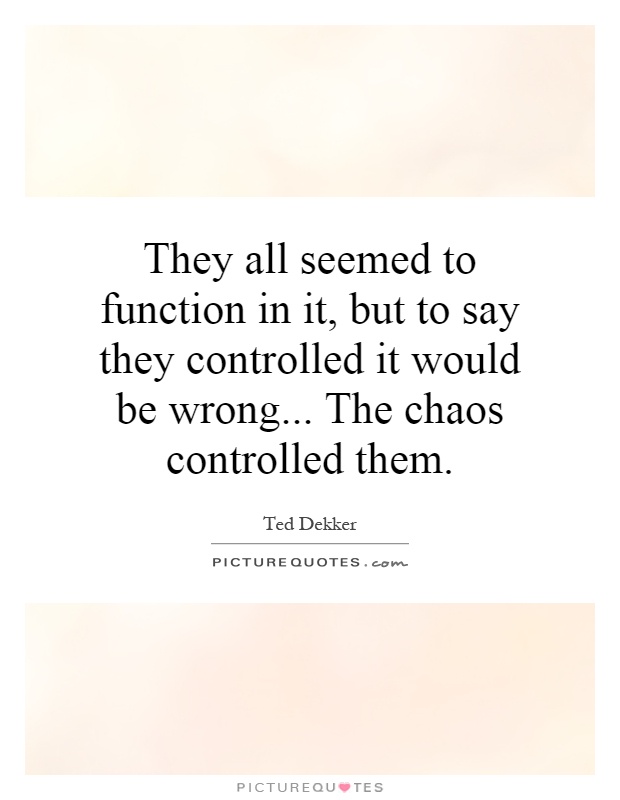
They all seemed to function in it, but to say they controlled it would be wrong... The chaos controlled them
In the world of Ted Dekker's novels, chaos often reigns supreme. Characters are constantly faced with unpredictable situations, dangerous adversaries, and moral dilemmas that threaten to consume them. In many of his stories, the line between good and evil is blurred, and the characters must navigate a treacherous landscape where the rules are constantly changing."They all seemed to function in it, but to say they controlled it would be wrong... The chaos controlled them." This quote perfectly encapsulates the essence of Dekker's storytelling. His characters may appear to be in control of their own destinies, making decisions and taking actions that shape the course of their lives. However, beneath the surface, there is a sense of inevitability, a feeling that they are merely pawns in a larger game being played by forces beyond their comprehension.
In Dekker's novels, chaos is not just a backdrop or a plot device – it is a living, breathing entity that exerts its influence over the characters in profound and often terrifying ways. The chaos in Dekker's world is not just external, but internal as well, manifesting as inner demons, doubts, and fears that threaten to overwhelm the characters and drive them to the brink of madness.
The idea that the chaos controls the characters, rather than the other way around, speaks to a deeper truth about human nature. We like to believe that we are in control of our own lives, that we can shape our own destinies through our choices and actions. But the reality is much more complex. We are all subject to forces beyond our control – societal expectations, genetic predispositions, traumatic experiences – that shape who we are and how we behave.
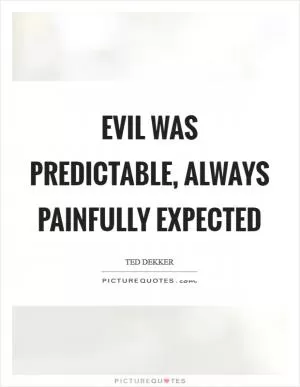
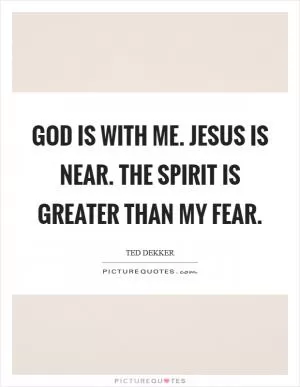
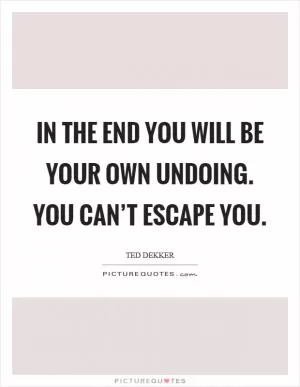
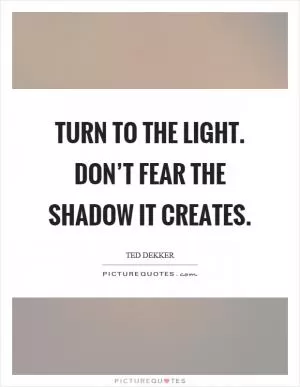
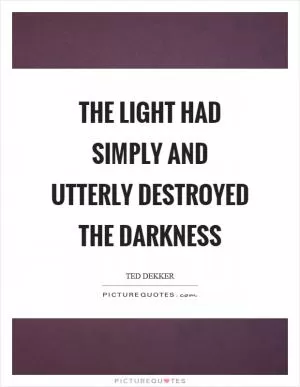
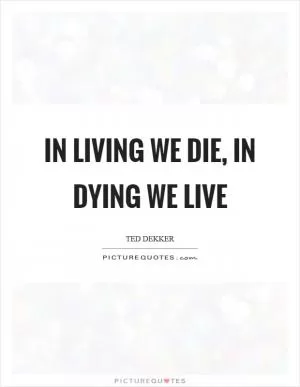
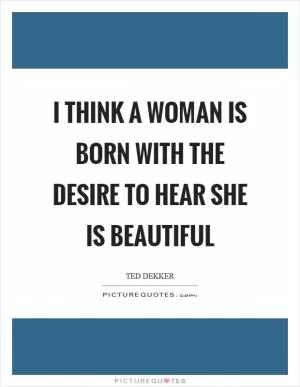
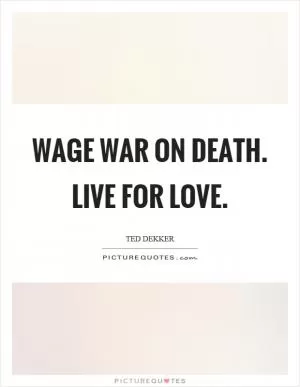
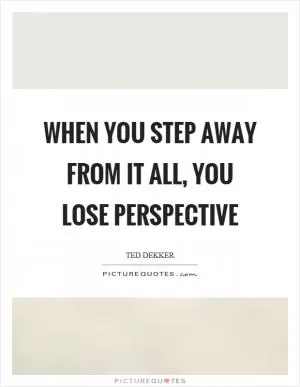
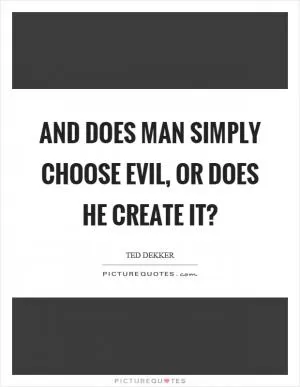

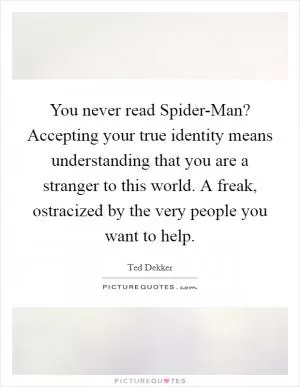
 Friendship Quotes
Friendship Quotes Love Quotes
Love Quotes Life Quotes
Life Quotes Funny Quotes
Funny Quotes Motivational Quotes
Motivational Quotes Inspirational Quotes
Inspirational Quotes